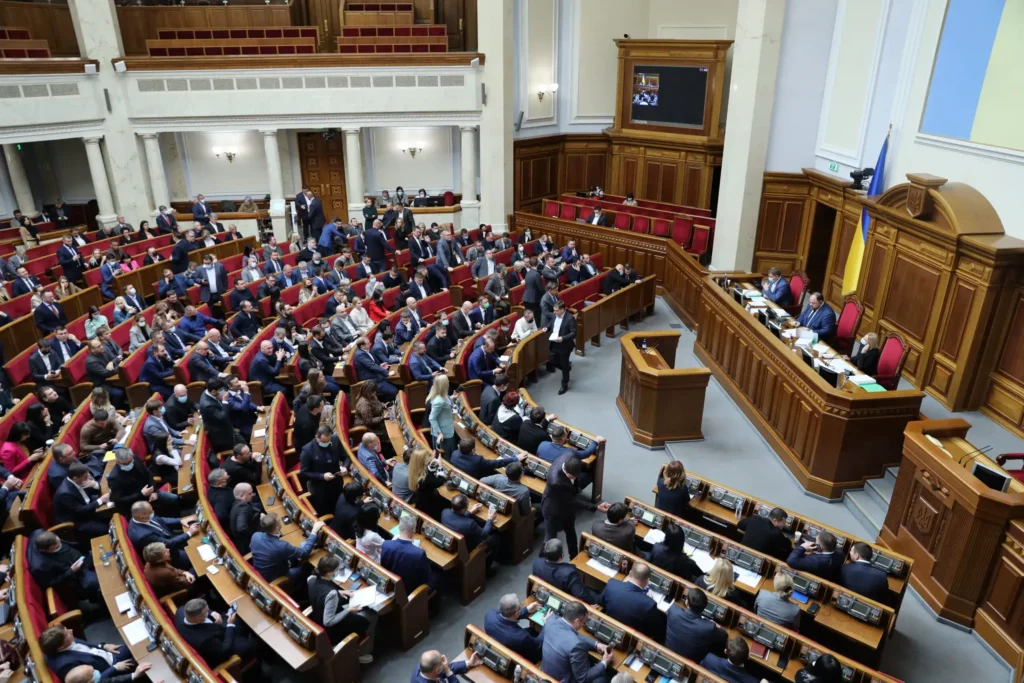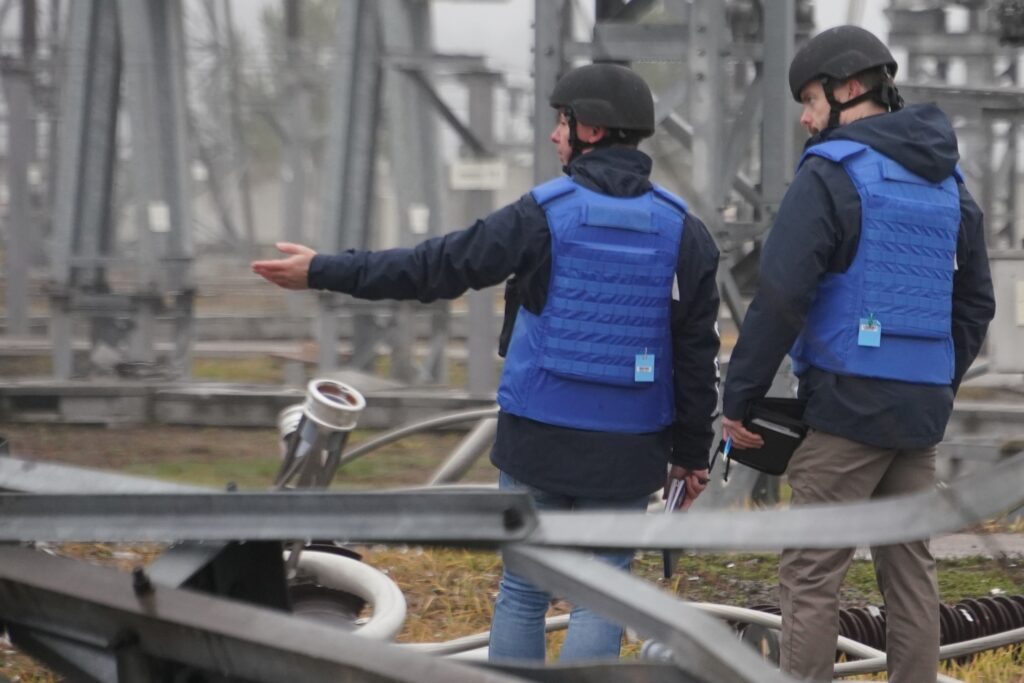Taxation of virtual assets in Ukraine: what owners need to know in 2025
9 April 2025 18:22
Ukraine continues to actively work on the implementation of full regulation of the virtual asset market, including taxation of such transactions. This is an important step in the context of the digital transformation of the financial system and the harmonization of Ukrainian legislation with European standards, "Komersant Ukrainian" reports with reference to the NSSMC.
What are virtual assets and why are they taxed?
Virtual assets are digital assets that have value and can be used in financial transactions but are not a legal currency or security. The most well-known examples are cryptocurrencies (Bitcoin, Ethereum), tokens, NFTs, as well as the results of activities related to mining, staking or DeFi platforms.
According to the position of the National Securities and Stock Market Commission, these assets should be subject to taxation in cases where they generate income for individuals or legal entities.
Taxation matrix: how it works
In 2024, the NSSMC presented a taxation matrix, a document that describes in detail the different taxation options depending on the type of transaction with virtual assets:
- Sale of cryptocurrency by an individual. If an individual sells a crypto asset and makes a profit, he or she must pay 18% personal income tax and 1.5% military duty.
- Exchange of one cryptocurrency for another. It is taxed only if the exchange results in a profit.
- Mining, staking, airdrop. The tax is paid only when the asset is sold, not when it is received.
- Receiving remuneration to a cryptocurrency wallet. It is considered income if the asset is subsequently used to purchase goods or withdrawn into fiat currency.
Read also: Virtual assets and real tasks: how to tax and regulate them
Why it is important for the state
The legislative initiative to regulate virtual assets has several key goals:
Transparency of financial flows. Crypto assets are often used to hide income or evade taxes. The new rules will allow better tracking of the sources of such funds.
Investor protection. Legalizing the activities of crypto exchanges and service providers creates preconditions for user protection.
Integration with the EU. Ukraine is preparing to introduce standards similar to the MiCA regulation already in force in the European Union.
What’s next
The Parliament is currently considering a draft law that would amend the Tax Code. If it is passed, Ukraine will have clear rules for the crypto market in 2025.
It also provides for
- introduction of a special tax regime for VASPs (Virtual Asset Service Providers);
- creation of a unified register of such providers;
- introduction of mechanisms for the automatic exchange of tax information with other countries.
Read also: Crypto market is under control: Ukraine has determined those responsible for virtual assets
What cryptocurrency users need to do
Experts in the field of finance (including virtual assets) advise cryptocurrency owners:
1. Keep the entire history of transactions with virtual assets.
2. Keep records of the cost of acquiring and selling crypto assets.
3. Consult with tax advisors in advance.
4. Prepare for the possibility of electronic declaration of digital assets.
Ukraine is currently approaching the full implementation of the legal regime for virtual assets. This will help create a transparent and competitive crypto market, reduce risks for investors and businesses, and fill the state budget. At the same time, the government is trying to make these changes as convenient as possible for citizens and businesses.
Читайте нас у Telegram: головні новини коротко









